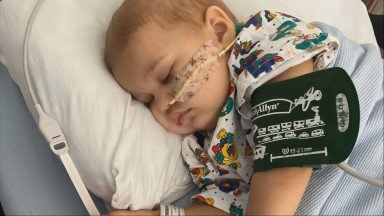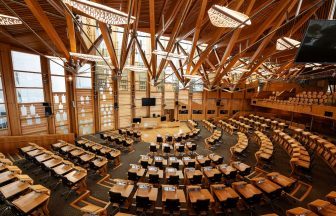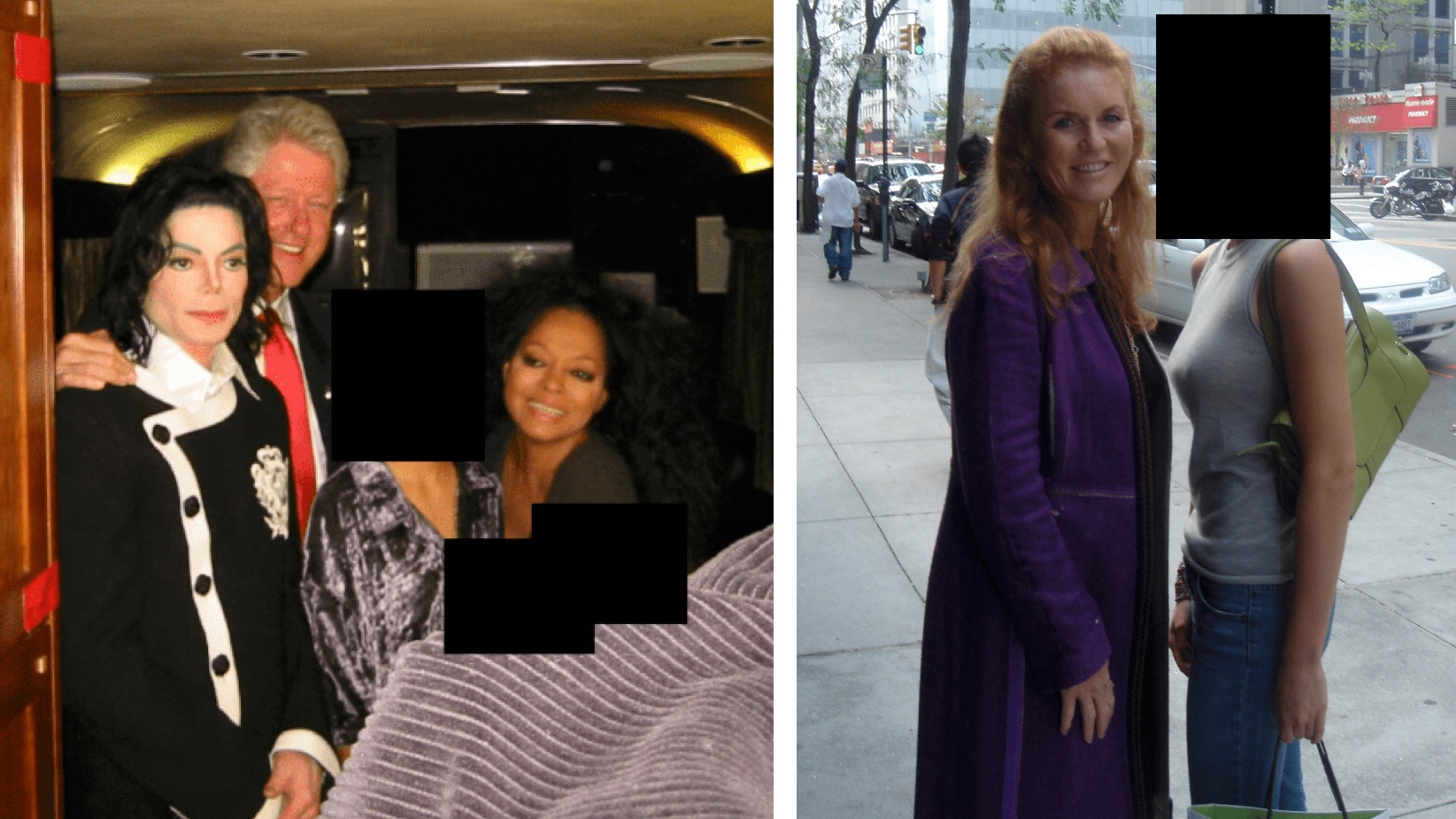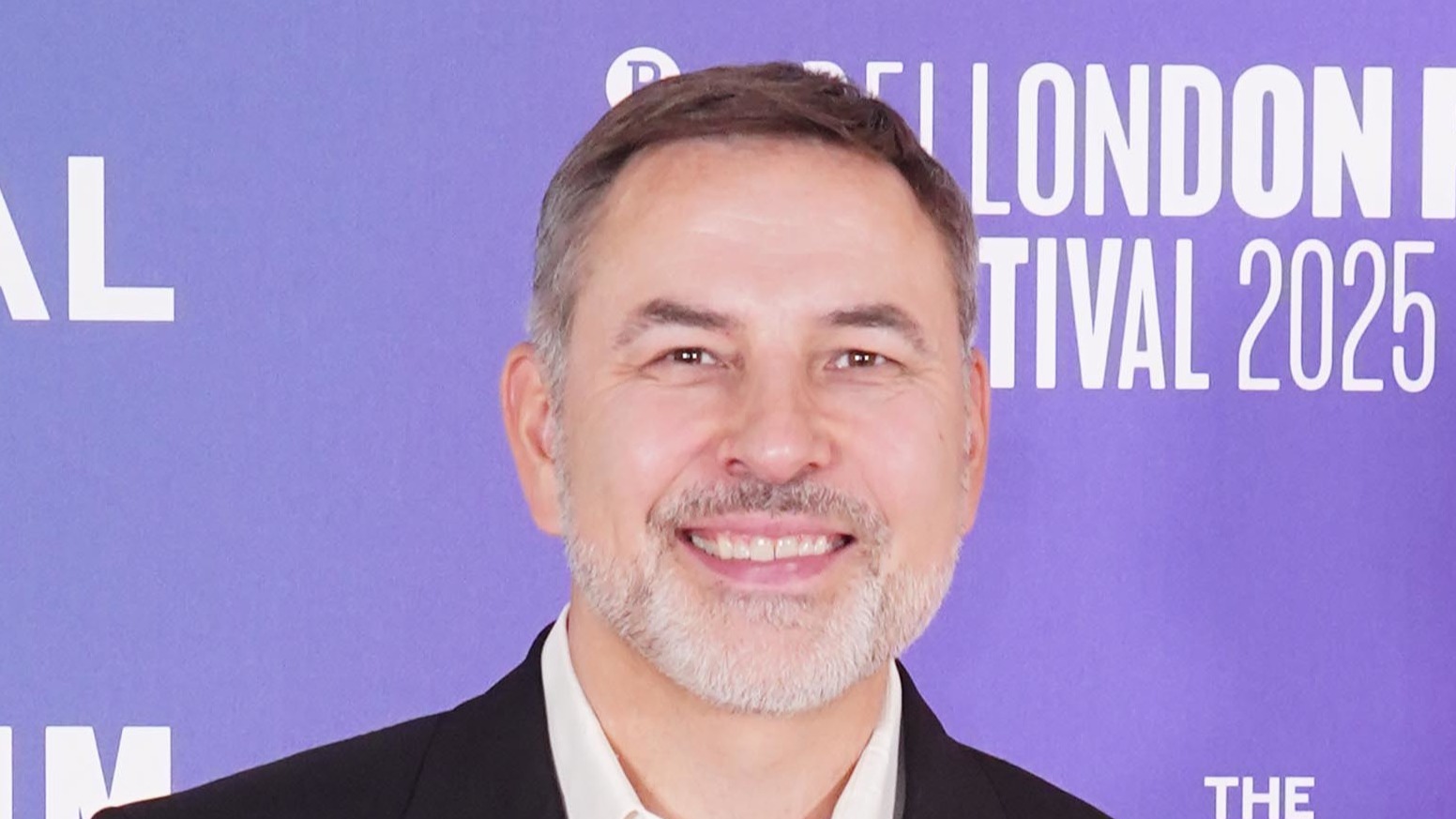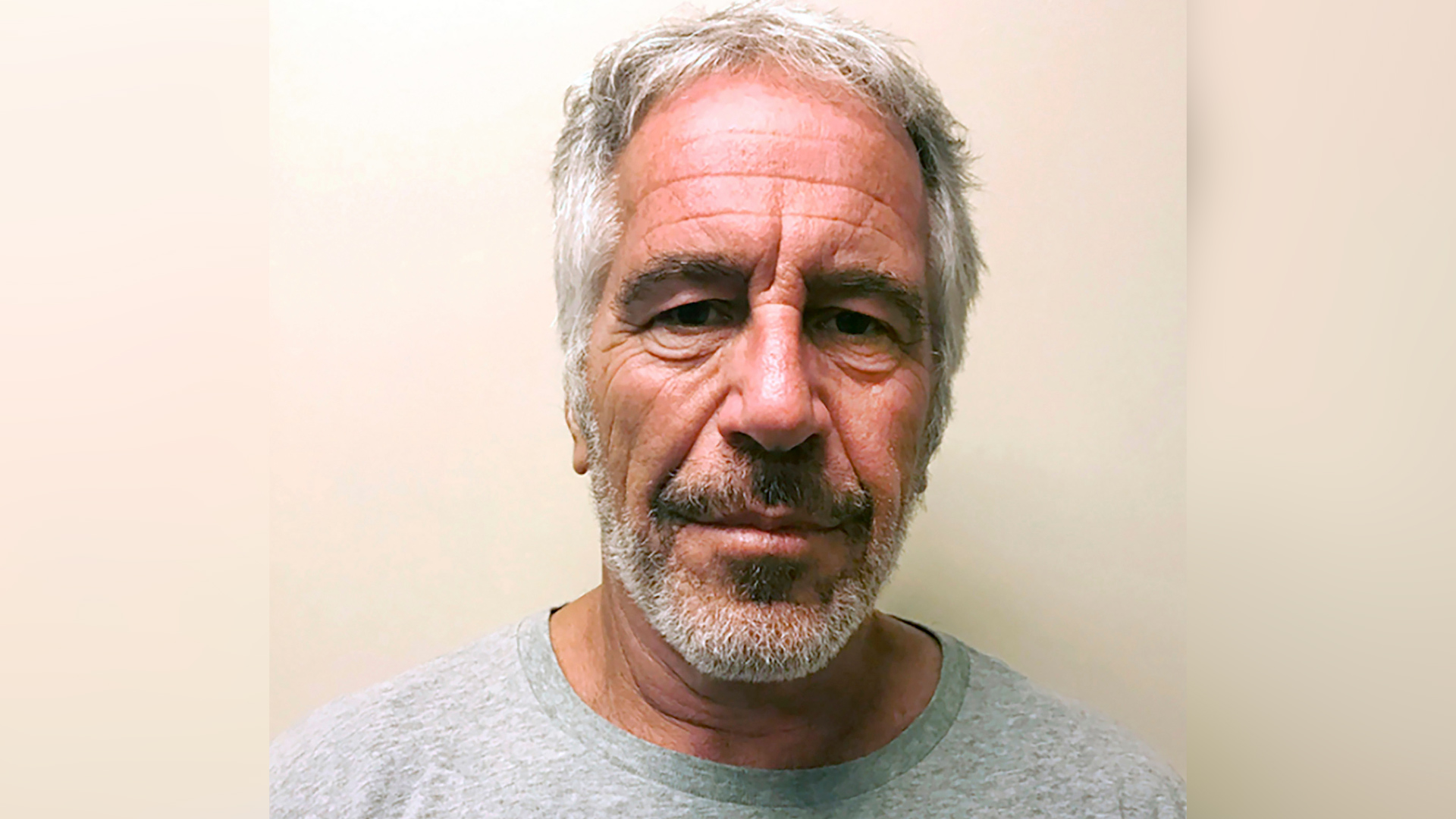The pause in hormone prescriptions for young people seeking gender care has been “distressing” for a small number of them, a manager at Glasgow’s Sandyford clinic has told MSPs.
Rhoda MacLeod, head of adult services at the Sandyford sexual health service, said they are struggling to bring down a waiting list of more than 1,000 young people due to difficulties recruiting staff.
New prescriptions of puberty blocking medicines and gender-affirming hormones were paused in the wake of Dr Hilary Cass’s review into gender identity services for young people.
The review criticised the lack of evidence around the use of puberty blockers and other medical interventions in gender care.
Other recommendations from the report mean that Scotland will switch to providing gender services for young people in regional networks rather than just the Sandyford clinic.
Ms MacLeod appeared at Holyrood’s Health Committee on Tuesday, along with Tracey Gillies, medical director of NHS Lothian.
They both said they disagreed with the BMA (British Medical Association), the union for doctors, which has called for implementation of the Cass Review’s recommendations to be halted.
Discussing the pause in the prescription of hormone treatment, Ms Macleod said that while these treatments were not used for every young person accessing the service, the pause had nevertheless affected a small number of people.
She said: “I think it’s right to acknowledge that that’s very distressing for these individuals and their families.”
The benefits and risks of these treatments are still being weighed up, she said.
She went on to say that more than 1,000 young people are on the waiting list, many of whom would be too old for puberty blockers by the time they see a clinician.
MSPs were told the service is “really struggling” to recruit staff meaning the waiting list cannot be brought down quickly.
Young people accessing the service are being monitored by psychological clinicians, she said.
SNP MSP Ruth Maguire asked about reports there had been 352 young people referred to the service before it stopped accepting self-referrals in August – including one person as young as seven.
Ms MacLeod said children of this age were usually referred by parents and would not be taken into the clinical service.
She said a recent survey of young people on the waiting list found around 70% are natal females, with 50% reporting they had been assessed for a neurodevelopmental issue.
Just under a third reported being diagnosed with a mental health condition, she said.
Ms MacLeod said: “This is a complex group of young people that needs a really good, robust multi-disciplinary team approach.”
Ms Gillies emphasised that there has been a rapid shift in society around the demand for gender services.
However, Ms Maguire, the MSP for Cunninghame South, said it is “quite shocking” that children have not been receiving the best service – saying there has been a lack of “curiosity” about the conditions experienced by young people.
She added: “I would just want to be really clear that we never get to a situation again where we’re giving children and young people drugs where we don’t know the benefits and risks of them, and they have life-changing impacts.”
Follow STV News on WhatsApp
Scan the QR code on your mobile device for all the latest news from around the country


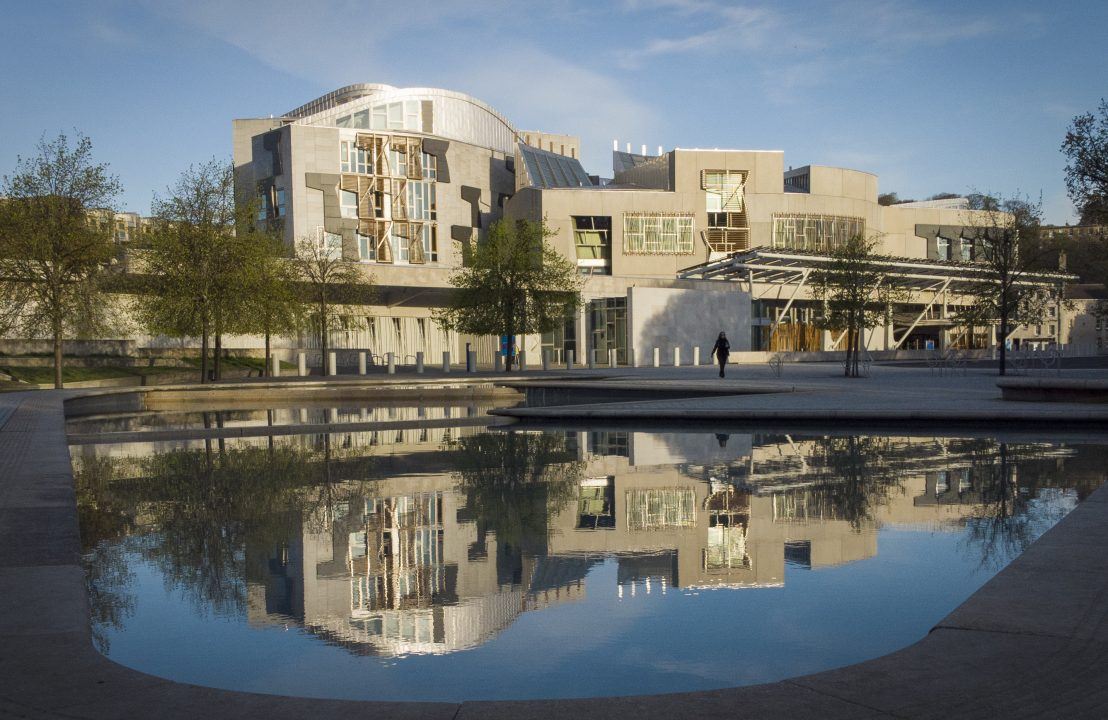 PA Media
PA Media















